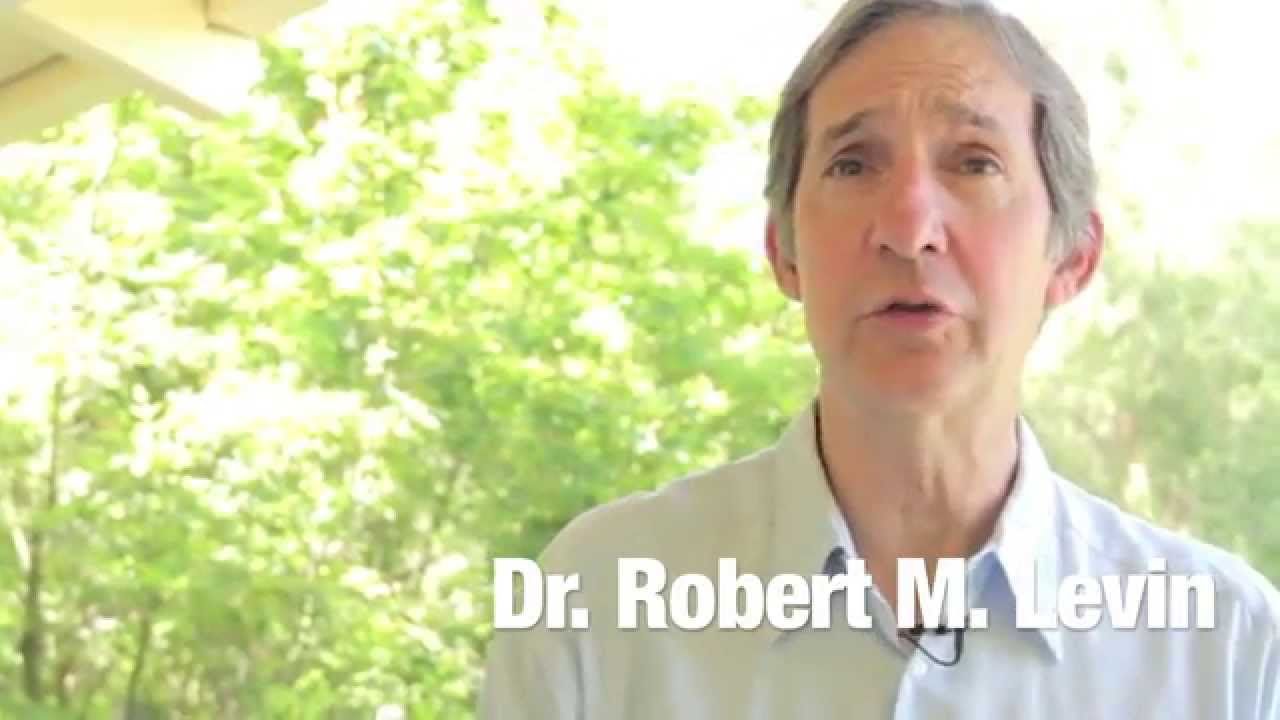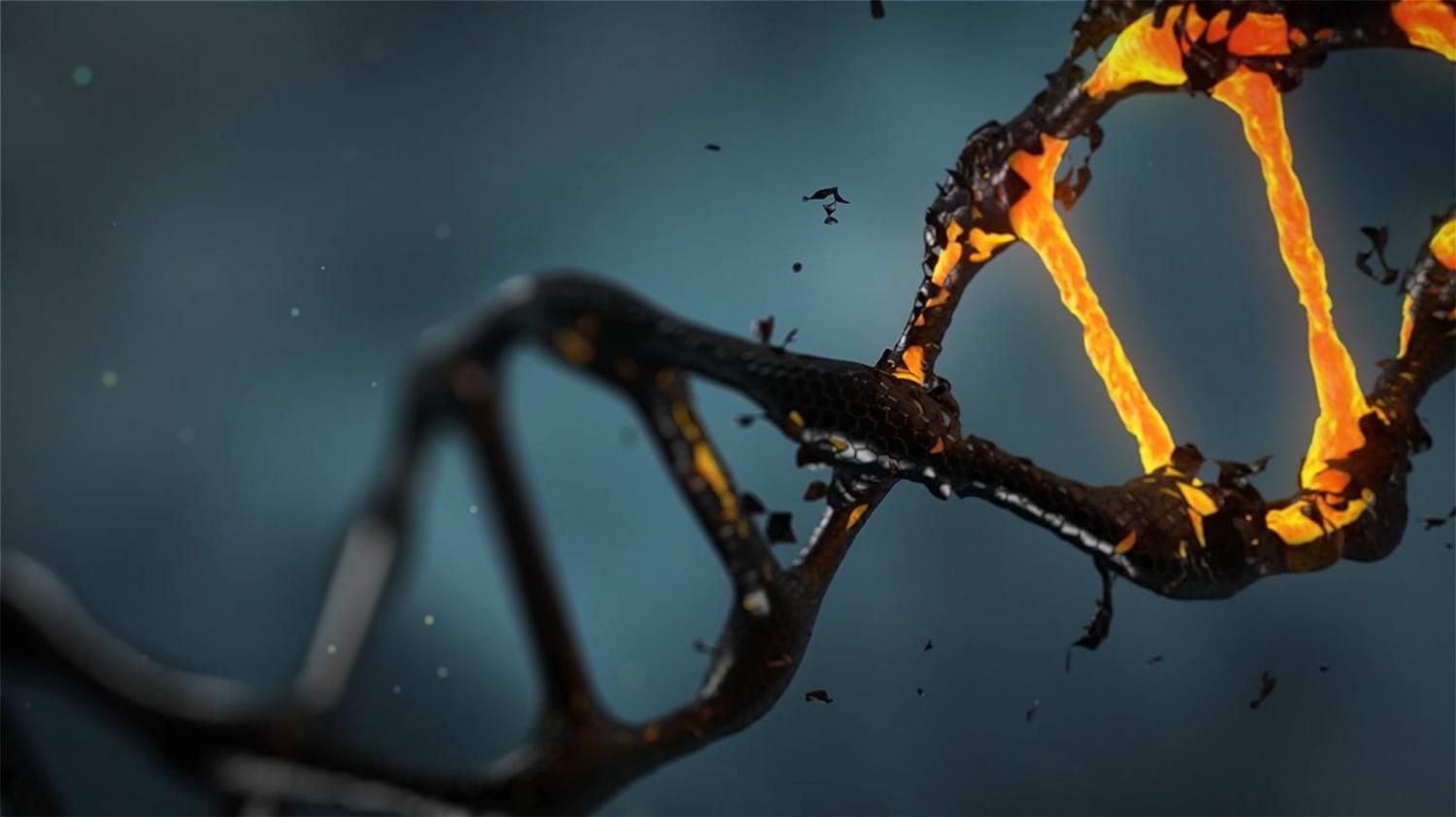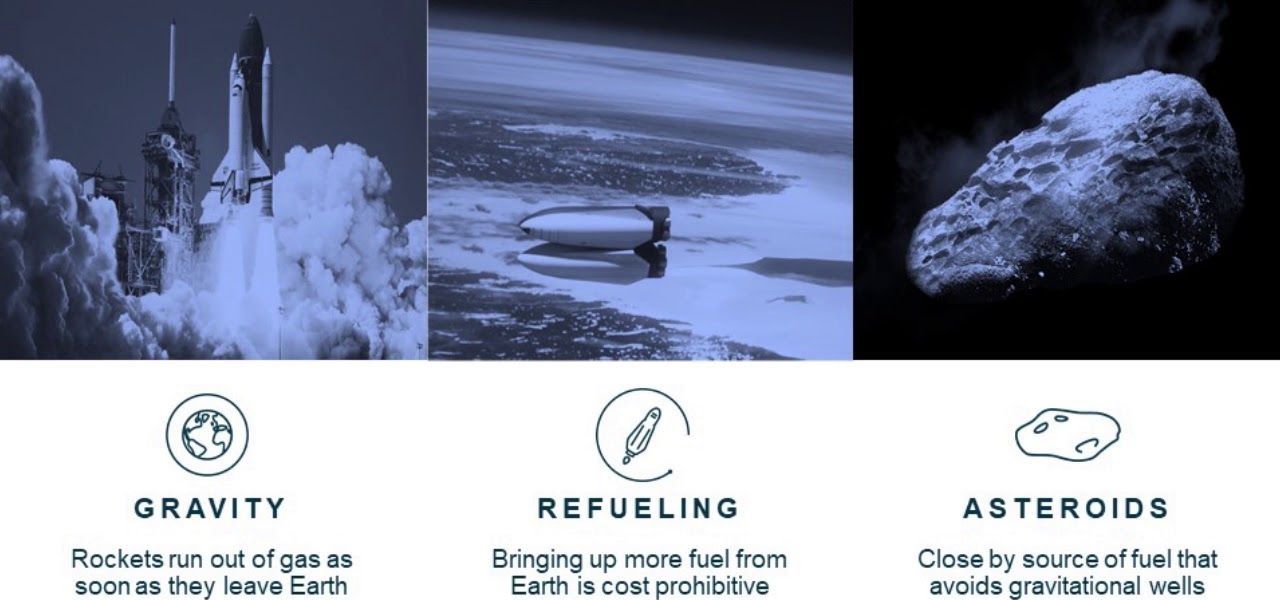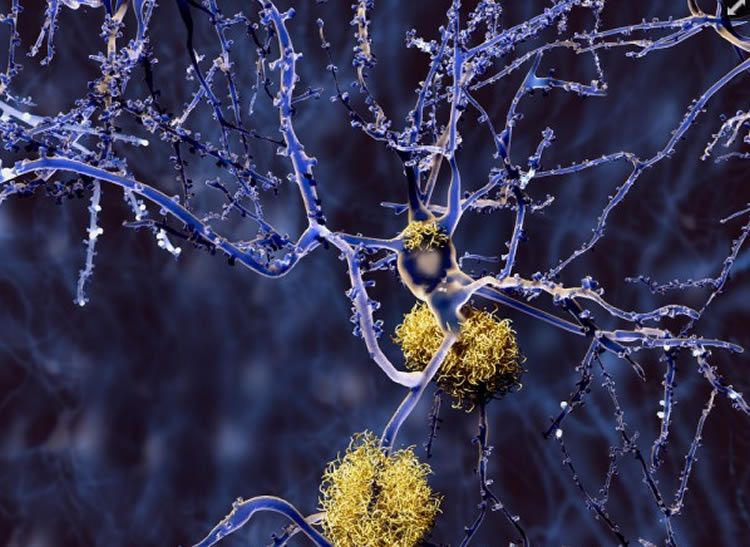Page 9933
Sep 16, 2017
The future is coming. Here’s what it might look like
Posted by John Gallagher in category: futurism
Sep 16, 2017
Time of reckoning for US employers over opioid abuse
Posted by Derick Lee in categories: biotech/medical, health
The US is in a opioid addiction crisis that has been described as a national epidemic by health officials. Each day 91 people die after overdosing on the drugs, according to the Centers for Disease Control and Prevention. More Americans now die from drug overdoses than in car accidents or from gun violence put together, and more than 2.6m are addicted to opioids, according to CDC figures.
Health insurance system is partly to blame for the epidemic that is costing companies $18bn a year.
Sep 15, 2017
Why we did not evolve to live forever: Unveiling the mystery of why we age
Posted by Montie Adkins in categories: biotech/medical, evolution, genetics, life extension, neuroscience
Researchers at the Institute of Molecular Biology (IMB) in Mainz, Germany, have made a breakthrough in understanding the origin of the ageing process. They have identified that genes belonging to a process called autophagy — one of the cells most critical survival processes — promote health and fitness in young worms but drive the process of ageing later in life. This research published in the journal Genes & Development gives some of the first clear evidence for how the ageing process arises as a quirk of evolution. These findings may also have broader implications for the treatment of neurodegenerative disorders such as Alzheimer’s, Parkinson’s, and Huntington’s disease where autophagy is implicated. The researchers show that by promoting longevity through shutting down autophagy in old worms there is a strong improvement in neuronal and subsequent whole body health.
Getting old, it’s something that happens to everyone and nearly every species on this planet, but the question is, should it? In a recent publication in the journal Genes & Development titled “Neuronal inhibition of the autophagy nucleation complex extends lifespan in post-reproductive C. elegans,” the laboratory of Dr Holger Richly at IMB, has found some of the first genetic evidence that may put this question to rest.
As Charles Darwin explained, natural selection results in the fittest individuals for a given environment surviving to breed and pass on their genes to the next generation. The more fruitful a trait is at promoting reproductive success, the stronger the selection for that trait will be. In theory, this should give rise to individuals with traits which prevent ageing as their genes could be passed on nearly continuously. Thus, despite the obvious facts to the contrary, from the point of evolution ageing should never have happened. This evolutionary contradiction has been debated and theorised on since the 1800s. It was only in 1953 with his hypothesis of antagonistic pleiotropy (AP) that George C. Williams gave us a rational explanation for how ageing can arise in a population through evolution. Williams proposed that natural selection enriches genes promoting reproductive success but consequently ignores their negative effects on longevity.
Continue reading “Why we did not evolve to live forever: Unveiling the mystery of why we age” »
Sep 15, 2017
5 Things You Should Know About Asteroid Mining
Posted by Klaus Baldauf in category: space
Sep 15, 2017
Keith Comito on the SCIQ on TYT show talking about why policy needs science to make wise and accurate decisions regarding how society is managed
Posted by Steve Hill in categories: policy, science
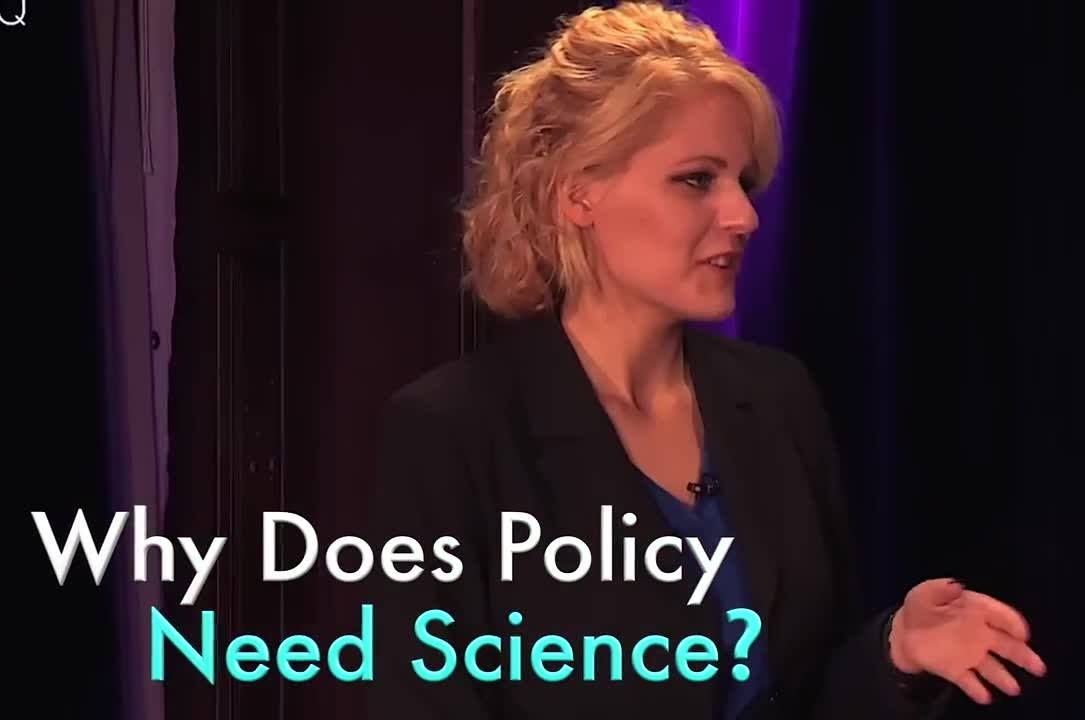
It is critical that those responsible for running our nations have scientific knowledge in order to make the right decisions instead of making them based on misunderstandings of what the real science is.
Sep 15, 2017
The application of nanotechnology to cardiovascular nanomedicine
Posted by Dan Kummer in categories: biotech/medical, nanotechnology
Nanostructured systems have the potential to revolutionize both preventive and therapeutic approaches for treating cardiovascular disease. Given the unique physical and chemical properties of nanostructured systems, nanoscience and nanotechnology have recently demonstrated the potential to overcome many of the limitations of cardiovascular medicine through the development of new pharmaceuticals, imaging reagents and modalities, and biomedical devices. A recent review offers an outline of critical issues and emerging developments in cardiac nanotechnology.
Sep 15, 2017
Study Investigates Vaccine and Oral Medication to Stop Alzheimer’s Years Before it Begins
Posted by Dan Kummer in categories: biotech/medical, genetics, neuroscience
Summary: Researchers are testing a new vaccine and oral medication that could delay or prevent Alzheimer’s disease from developing in those with a genetic predisposition.
Source: Keck Medicine USC.
The Keck School of Medicine of USC launches a study exploring whether two different therapies can prevent a leading cause of death.
Sep 15, 2017
This man dressed as a car seat in the name of self-driving science
Posted by Shailesh Prasad in categories: robotics/AI, science, transportation
Sep 15, 2017
The futuristic Audi car that should worry Tesla—if it ever gets made
Posted by Shailesh Prasad in categories: sustainability, transportation

https://youtube.com/watch?v=A9SlPXvSS9Y
It’s called the Aicon, and it’s sure to turn heads.
